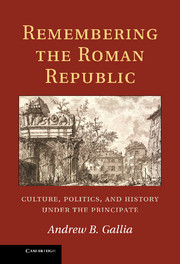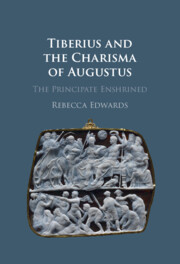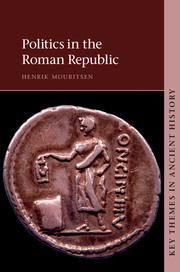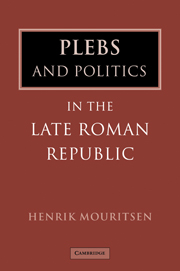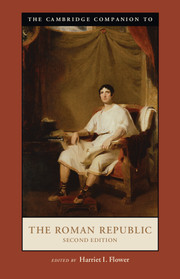Remembering the Roman Republic
The Roman Principate was defined by its embrace of a central paradox - the ruling order strenuously advertised continuity with the past, even as the emperor's monarchical power represented a fundamental breach with the traditions of the 'free' Republic it had replaced. Drawing on the evidence of coins, public monuments and literary texts ranging from Tacitus and Pliny the Younger to Frontinus and Silius Italicus, this study traces a series of six crucial moments in which the memory of the Republic intruded upon Roman public discourse in the period from the fall of Nero to the height of Trajan's power. During these years, remembering the Republic was anything but a remote and antiquarian undertaking. It was instead a vital cultural process, through which emperors and their subjects attempted to navigate many of the fault lines that ran through Roman Imperial culture.
- The only book to examine the intersection of memory and politics during the Flavian period
- Emphasizes memory in Roman culture, and offers a cultural history of Flavian and Trajanic Rome with a unique perspective and synthetic approach unmatched by other studies of the period
- Provides a unique synthesis of a broad range of material, encompassing the art, literature, architecture and rhetoric, as well as the political and religious history of the Flavian period
Reviews & endorsements
'Andrew B. Gallia's Remembering the Roman Republic: Culture, Politics and History under the Principate is a rich and rewarding study of the dynamics of Roman public memory throughout the interconnected realms of, as promised in the subtitle, culture, politics and history … this book should be read and admired both for taking on such a complex question with circumspection and sagacity and also for doing so with the kind of critical spirit that prefers to multiply rather than subtract and is thus infinitely more valuable.' Bryn Mawr Classical Review
Product details
February 2012Hardback
9781107012608
334 pages
229 × 152 × 22 mm
0.66kg
16 b/w illus. 2 maps
Available
Table of Contents
- Introduction
- 1. Freedom
- 2. Rebuilding
- 3. Control
- 4. Persuasion
- 5. Inscription
- 6. Restoration
- Conclusion
- Appendix A. Pliny's letter to Minicianus
- Appendix B. Republican denarii restored by Trajan.

